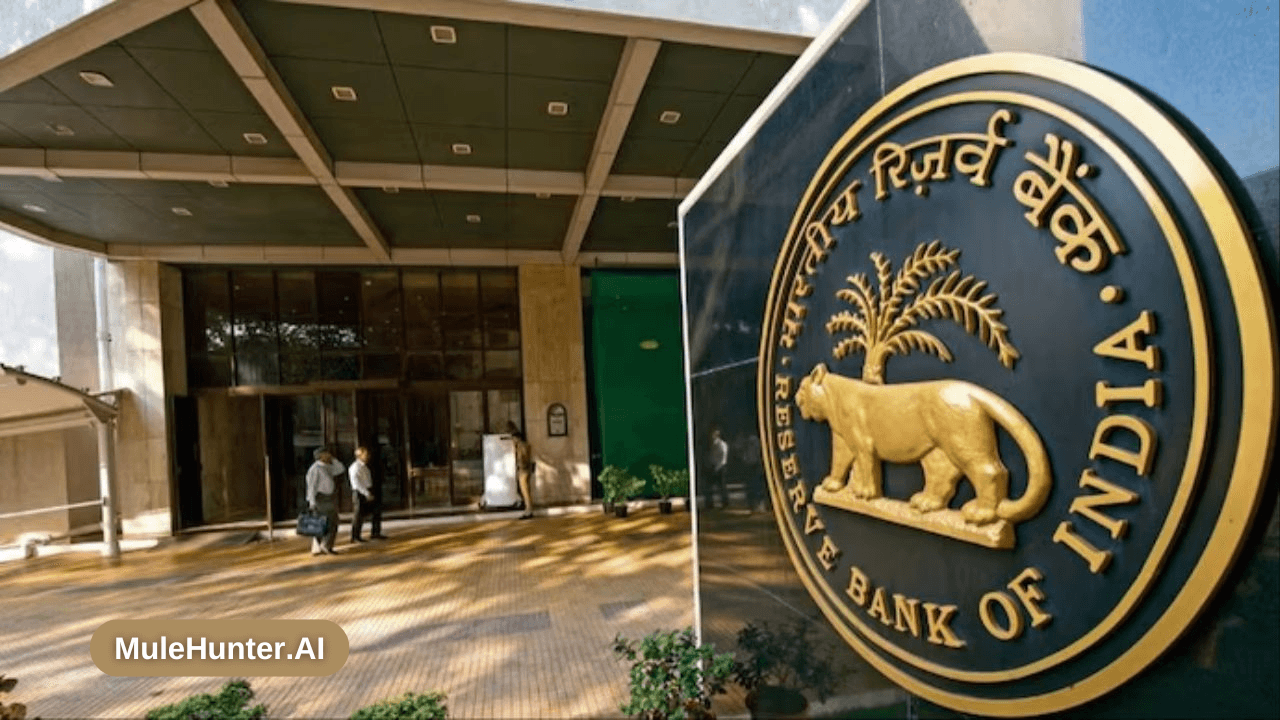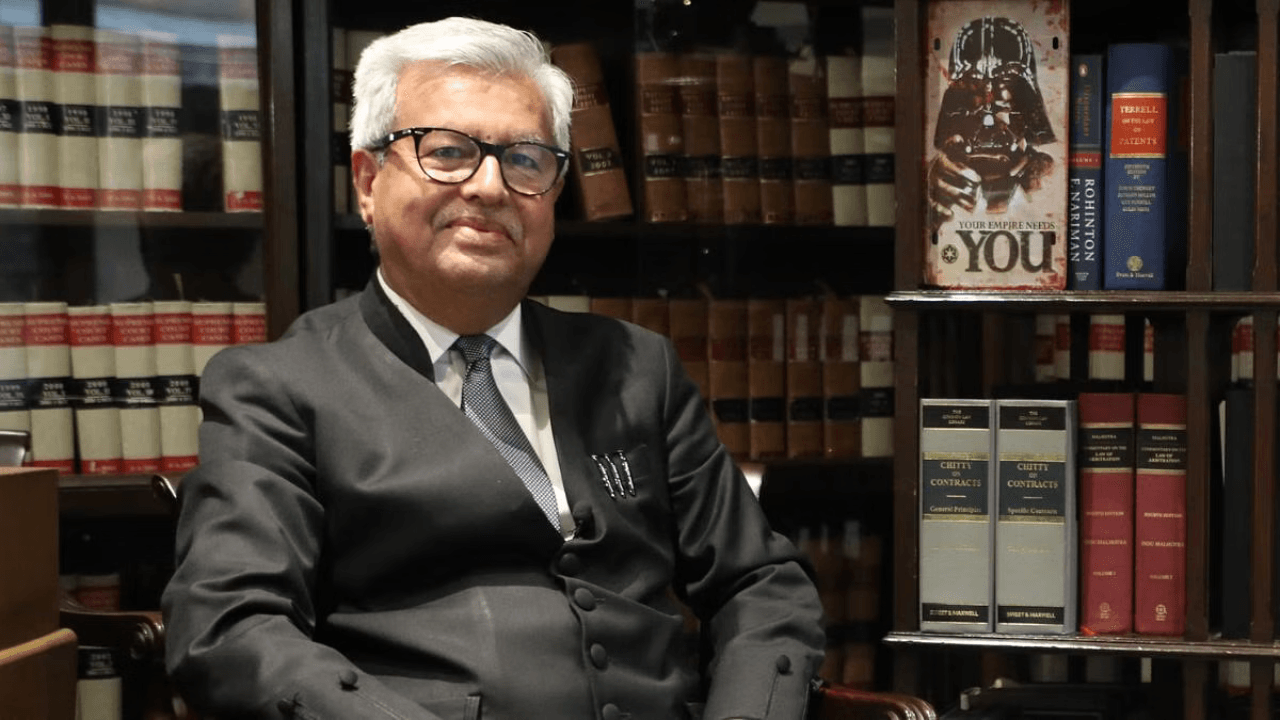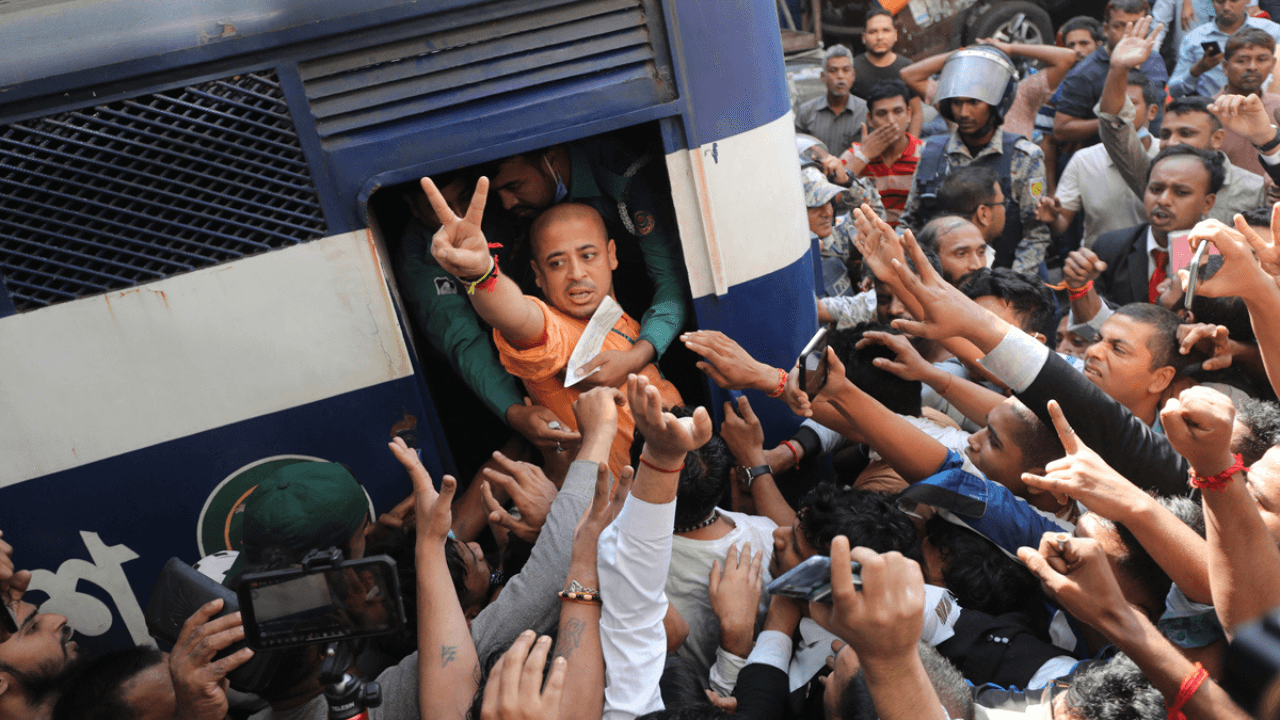3 October 2024: The Google for India 2024 event, held in Delhi, marked a significant milestone in the company’s ongoing commitment to enhancing digital security and AI-powered digital public infrastructure in India. The event was attended by Union Minister of Culture and Tourism, Gajendra Singh Shekhawat, articulating a visionary perspective, stating that “technology and AI is going to be the biggest binder of the unification of India and to bridge the gaps of diversities. With data-driven decision-making, it will bring about revolutionary change to India’s future.”
Google announced plans to establish a Safety Engineering Centre in India in 2025, focusing on key areas such as child safety, data privacy, and cybersecurity. During the announcement, Snigdha Bhardwaj, Director of Search and Generative AI Trust Strategy at Google, emphasized three fundamental objectives of the center: protecting users from online threats, bolstering security for enterprises and government entities, and advancing cutting-edge research and development to create a secure AI framework.
She announced an enhanced fraud protection feature for Google Play Protect, which will automatically scan and block potentially harmful applications. This feature is designed to protect users from malicious apps that seek sensitive permissions when installed from file managers, messaging apps, or web browsers. Bhardwaj noted that Google Play Protect has already identified 10 million malicious apps globally and has successfully blocked 900,000 apps in Singapore alone. Additionally, she emphasized the role of AI in strengthening scam mitigation on Google Pay, revealing that over the past year, Google has prevented scams worth more than Rs 13,000 crore and issued 40 million warnings to safeguard Indian users. Furthermore, Bhardwaj reported that AI-powered solutions have enabled the removal of 170 million fake or policy-violating reviews from Google Maps, reinforcing the platform’s integrity.
Furthermore, During the event, significant advancements were made in healthcare and financial services, reflecting Google’s commitment to enhancing user experiences in India. In partnership with Eka Care, Google announced that ABHA health IDs will now be accessible to six million users via the Google Wallet app. To ensure security, ABHA ID holders must authenticate themselves using a fingerprint or password before adding or accessing their health ID. Furthermore, as part of the government’s National Health Authority (NHA) initiative, Google’s health research team has collaborated with NHA to create tools that facilitate integration with machine architecture, aiming to streamline processes and bridge the gap between patients and healthcare providers. Kiran Gopal Viska, the mission director of the Ayushman Bharat Digital Mission (ABDM), emphasized the importance of fostering interoperability to reduce fragmentation and enhance transparency in healthcare delivery.
In the financial sector, Google has partnered with Muthoot Finance to offer gold loans through Google Pay, allowing users across India to access affordable credit backed by their gold assets, capitalizing on the fact that Indian households hold about 11% of the world’s total gold. Additionally, Google introduced the UPI Circle, designed to promote financial inclusion by enabling families without banking access to transact easily. Sharath Bulusu, director of product management at Google India, discussed the interoperability benefits of Google Pay, highlighting that more than 50 million users checked their CIBIL scores and garnered access to credit across over 13,000 pin codes through partnerships with Indian banks.
In the context of enhancing merchant capabilities, Google is launching Product Studio, which will allow local artisans to create promotional videos using AI, alongside integrating WhatsApp for customer engagement on Google Search, marking India as one of the first markets for these innovations.
Moreover, Google is rolling out new AI initiatives, including AI-summarized reviews on Google Maps and an enhanced version of Google Lens that recognizes video content, allowing users to search and ask complex questions about moving objects. The AI model, Gemini, will also be available in Hindi and eight other Indian languages, enabling more interactive and nuanced conversations. Lastly, Google is expanding its AI Overviews feature in Search to include support for Hindi, Gujarati, Bengali, Marathi, Telugu, and Tamil, providing users with quick access to comprehensive information and diverse perspectives.












